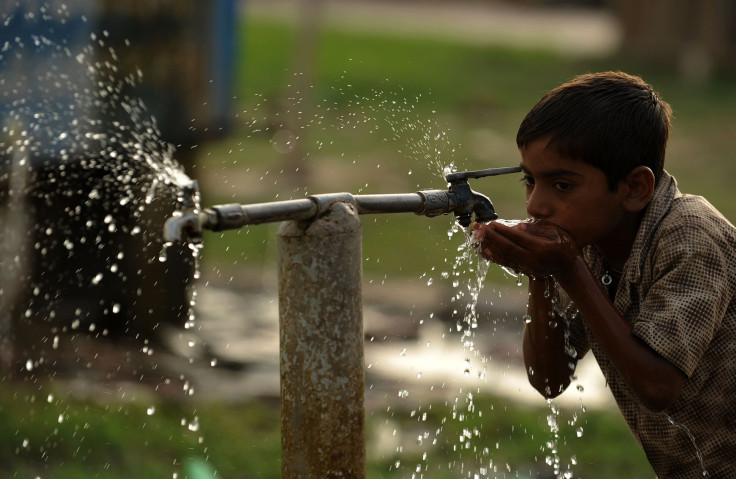Brain’s ‘Thirst Circuit’ Tells You When To Drink And When To Quit, Study Says

Scientists discovered specialized brain cells in mice that can “predict” why people like to drink something while eating and why cold water is more preferable when thirsty.
Thirst is the brain’s way of sending signals alerting the body that there is a disruption in the composition of the blood stream. When one is thirsty, it usually means that the blood volume has dipped or the blood has become too concentrated. But the thirst neurons in the brain’s subfornical organ (SFO) do not send out signals to alert the person to stop drinking because thirst is satiated soon, much before it can bring changes to the blood stream’s composition.
“You drink a glass of water and you instantly feel like your thirst is quenched, but it actually takes tens of minutes for that water to reach your blood,” senior author of the study Zachary Knight from the University of California, San Francisco, reportedly said, “You eat something salty and you instantly beginning to feel thirsty even though that food is just in your mouth. The dominant model that thirst is a response to changes in the blood didn't explain that.”
The researchers found that in mice, the SFO activity shut down soon after the mice began to drink and hence, the mice stopped drinking in a bit. Scientists said that this activity indicated that SFO is linked to sensors in the mouth and throat that detect food and water consumption. They called this the “thirst circuit.”
Researchers then genetically modified the mice's brain cells so the researchers could shut down or restart SFO activity. They deprived the mice of water overnight and shut down SFO activity. The next day, despite not having had water, which would result in changes in blood composition, the mice didn’t drink. When the researchers restarted SFO activity, the mice drank plenty of water.
Lead author of the study Christopher Zimmerman said, “Almost everyone has had the experience of exercising or doing some sort of activity and becoming really thirsty, and almost viscerally feeling better after drinking a cold glass of water. But why does cold water seem to quench your thirst so much more rapidly?”
The study published Wednesday in the journal Nature found that cold beverages shut down the SFO activity more effectively than warm or hot ones. The study also found that SFO activity increased when the mice, who were deprived of food overnight, consumed food and water the next day. However, when it came to the mice whose SFO activity was shut down, their water consumption was reduced.
© Copyright IBTimes 2024. All rights reserved.






















